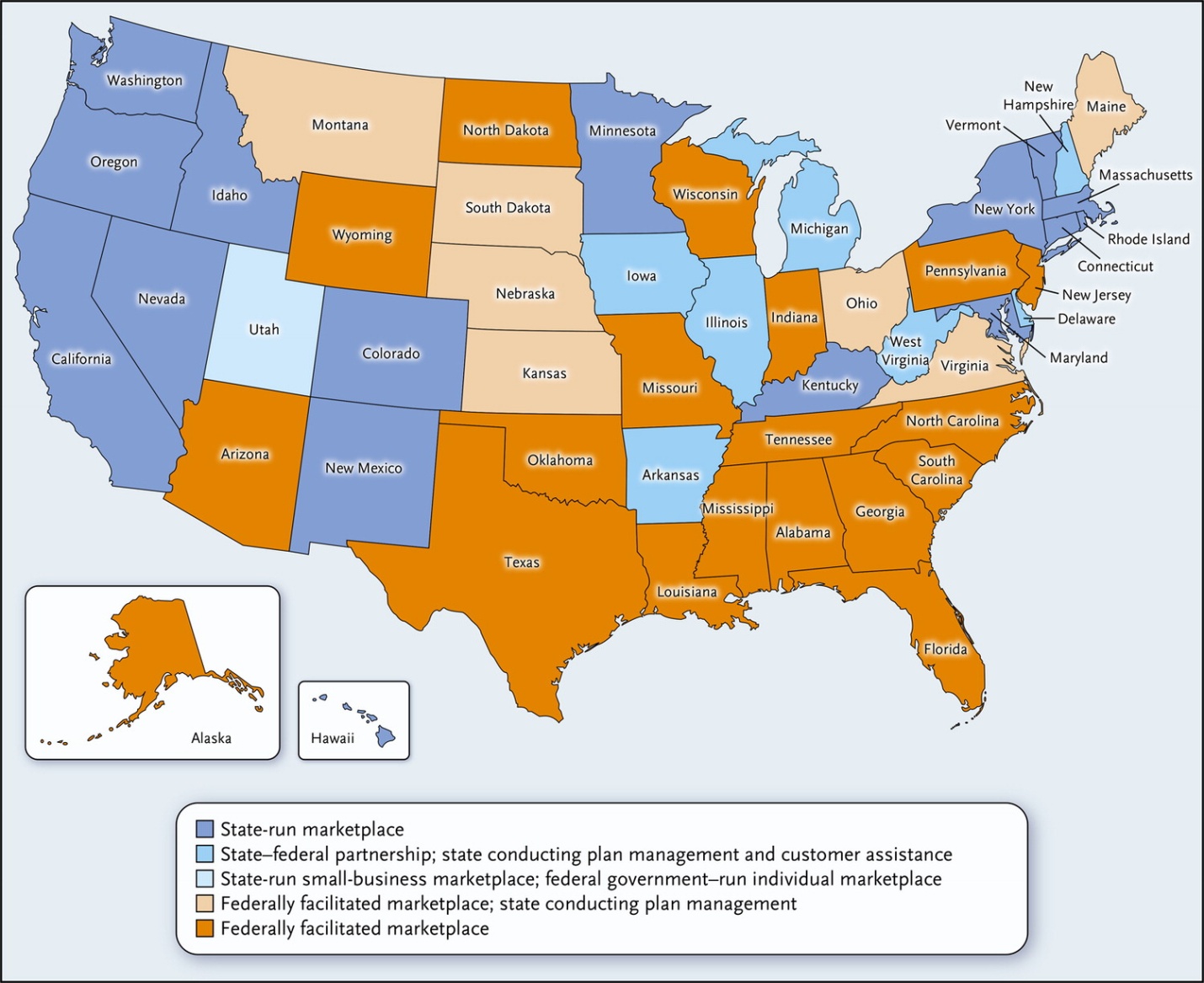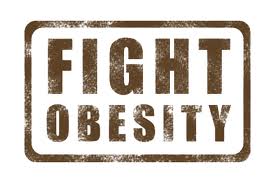To almost every claim that the American healthcare system is overpriced, defenders of the United States can point to the comparison problem—it is not fair to compare American surgeons, or hospitals, to our peers in Europe when American surgeons and hospitals are not the same as in those other countries. Our surgeons are better trained, the defenders retort, and our hospitals offer higher quality care. When quality measures suggest otherwise, defenders can point to the inherent difficulty of measuring quality while adequately adjusting for the severity of patients’ underlying illnesses. Comparing American healthcare institutions to those in Europe is like comparing apples to oranges (with America representing the apple portion of that comparison, of course – nothing more American than God, baseball and apple pie!).
A study of drug prices in the U.S. and Europe published last spring avoids the apples to oranges problem, and provides compelling evidence that we have a real price problem here in the U.S.
The researchers looked at medication prescriptions between 2005 and 2010 in six countries: Australia, Canada, France, Germany, Switzerland and the United States. They only studied branded drugs, ones which were still under patent protection. And they limited their study to the 68 most popular drugs, which made up about half of all prescriptions over that time.
And what did they find?… (Read more and view comments at Forbes)
Great Sentence from National Geographic
 In an eye opening article on Aborigines, Michael Finkel paints a colorful picture of the local landscape:
In an eye opening article on Aborigines, Michael Finkel paints a colorful picture of the local landscape:
The pilot flew low over the bush, the trees thin and straight and widely spaced, like a bad hair transplant.
Maybe the Aussie government needs to invest in Tree Club for Men.
(Click here to view comments)
Is It Time to Put an End to High School Sports in America?
 In a recent article in the Atlantic magazine, Amanda Ripley argues that we should dramatically diminish, or even get rid of, high school sports in the United States, because they are throwing off our priorities and sucking up our funding. I began the article with even more than my typical skeptical eye, having written not long ago that I thought we should expand high school sports. Nevertheless, Ripley lays out a strong case for how high school athletics is getting in the way of high school education. Look no further than the entry hall in most American high schools, where you will see trophy cases lined with athletic achievements and nary a chess club certificate to be seen. Whether you agree with Ripley or not, this is an article worth reading.
In a recent article in the Atlantic magazine, Amanda Ripley argues that we should dramatically diminish, or even get rid of, high school sports in the United States, because they are throwing off our priorities and sucking up our funding. I began the article with even more than my typical skeptical eye, having written not long ago that I thought we should expand high school sports. Nevertheless, Ripley lays out a strong case for how high school athletics is getting in the way of high school education. Look no further than the entry hall in most American high schools, where you will see trophy cases lined with athletic achievements and nary a chess club certificate to be seen. Whether you agree with Ripley or not, this is an article worth reading.
That said, I think we can find a better balance between athletics and academics without jettisoning high school sports. It might begin with getting rid of one sport – football. That is very much the gorilla in the room. It sucks up more money than most other sports combined. In addition, it begins many of its athletes on a road toward obesity. Bigger is better, after all, in football.
I would like to see more sports in high school, but also greater emphasis on having schools compete in nonathletic domains, perhaps in art competitions, drama festivals, and the like. I would like to see our trophy cases better represent the full range of student accomplishments. And I would like us to promote healthy athletic competitions, in low-budget sports, so our kids can get into the habit of being healthy and active.
(Click here to view comments)
Health Insurance Exchanges in One Picture
Here is an excellent picture from the New England Journal of Medicine, illustrating which states have chosen to run their own exchanges, which are relying on the federal government, and which are following some kind of hybrid approach. Unsurprisingly, the distribution of states pretty closely mirrors the outcome of the most recent presidential election.

(Click here to view comments)
A Vivid Picture of Timbuktu, in Words
 In the New Yorker this July, Jon Lee Anderson wrote a fascinating article about Timbuktu, where Al Qaeda is working to become a legitimate political power. A scary story. But a beautifully written one. Take this paragraph when he introduces readers to the city in question:
In the New Yorker this July, Jon Lee Anderson wrote a fascinating article about Timbuktu, where Al Qaeda is working to become a legitimate political power. A scary story. But a beautifully written one. Take this paragraph when he introduces readers to the city in question:
Timbuktu is a small, unlovely city in shades of brown and gray, a warren of low, flat-roofed homes made of mud or concrete. Interspersed are beehive-shaped tents covered with hides and scrap–the hovels of the nomadic Bella, former slaves who remain in serf like conditions, working as goatherds and as servants for their former owners. Other than one paved street, the roads are dirt. At the outer edges, the city peters out amid sand dunes and piles of uncollected refuse. In Timbuktu, as in many parts of Africa, plastic rubbish is so prevalent as to seem part of a new ecology.
What I like about this paragraph is that it is so vividly descriptive without being too writerly, powerfully visual without being overwrought. Doesn’t make me want to visit Timbuktu. But almost makes me feel like I have.
(Click here to view comments)
Define Emergency! Skin in the Game Causes Poor People to Avoid Necessary Care
 Most new insurance plans sold on Obamacare’s health insurance exchanges will have deductibles greater than $1000. That’s the kind of number that’s going to make people think twice about going to the emergency room when they experience shortness of breath or chest pain. Unfortunately, a new study shows it’s also the kind of “skin in the game” that will probably cause people of low income to avoid emergency departments, even when they need such care.
Most new insurance plans sold on Obamacare’s health insurance exchanges will have deductibles greater than $1000. That’s the kind of number that’s going to make people think twice about going to the emergency room when they experience shortness of breath or chest pain. Unfortunately, a new study shows it’s also the kind of “skin in the game” that will probably cause people of low income to avoid emergency departments, even when they need such care.
Without a doubt, we need to find ways to reduce the use of emergency rooms for non-emergent problems. Having people pay more out-of-pocket for emergency room care ought to help us achieve this goal. When you skin your knee, a bit of skin in the game might be all it takes to dissuade you from a trip to the ER.
But we also do not want to dissuade people from going to the emergency room when they are suffering from a true emergency. The problem is, most patients don’t have medical degrees, and don’t necessarily know whether the symptoms they are experiencing require emergency room care. This could be an especially important problem for people with low incomes, for whom such deductibles loom quite large in their overall well-being. One visit to the emergency room could be the difference between paying the next few months of mortgage or not. That’s a good incentive to decide that the shortness of breath you are experiencing is really just a sign of a common cold… (Read more and view comments at Forbes)
Are Healthier Options at Fast Food Restaurants a Good Thing?
 McDonald’s has announced that it would no longer market junk food to kids and it’s going to include more fruits and vegetables in on its adult menu. The move came after another fast food joint, Burger King, rolled out the lower-calorie French fries it has dubbed “Satisfries.” Apparently, they are 20% healthier but “taste the same.”
McDonald’s has announced that it would no longer market junk food to kids and it’s going to include more fruits and vegetables in on its adult menu. The move came after another fast food joint, Burger King, rolled out the lower-calorie French fries it has dubbed “Satisfries.” Apparently, they are 20% healthier but “taste the same.”
The fast food industry has been under pressure to do their part in the fight against obesity. But what Burger King and McDonald’s doing might have the opposite effect, if a much-cited study is to be believed. In a research paper published in 2009, a team of researchers found that the inclusion of healthier choices on a menu has a way of causing people to choose items that are worse for them.
In other words, if both veggie burgers and bacon-cheeseburgers are on the menu, consumers typically go for the latter thing. The academics called the phenomenon “vicarious goal fulfillment.”
Click here to listen to this AirTalk segment.
Stephen Hawking on Aid in Dying
 World-famous physicist, Stephen Hawking, is now advocating in favor of physician-assisted death, in the video shown here. I am both very glad that he is still alive, so many years after developing his illness, and that he is advocating for those people who circumstances and suffering leads them to request assistance in ending their lives. These are never easy issues, as the back and forth over my recent blog posts on this topic have shown. But not everybody with ALS can draw upon the intellectual, emotional and financial resources that have helped Stephen Hawking live so long with this condition.
World-famous physicist, Stephen Hawking, is now advocating in favor of physician-assisted death, in the video shown here. I am both very glad that he is still alive, so many years after developing his illness, and that he is advocating for those people who circumstances and suffering leads them to request assistance in ending their lives. These are never easy issues, as the back and forth over my recent blog posts on this topic have shown. But not everybody with ALS can draw upon the intellectual, emotional and financial resources that have helped Stephen Hawking live so long with this condition.
(Click here to view comments)
Behavioral Economics and Obesity
 In collaboration with several co-authors, including Peggy Liu – a marketing PhD student here at Fuqua – I just published a paper on how behavioral economics can help us think about better ways to combat obesity. Feel free to check it out. And feel free to send along your thoughts, too.
In collaboration with several co-authors, including Peggy Liu – a marketing PhD student here at Fuqua – I just published a paper on how behavioral economics can help us think about better ways to combat obesity. Feel free to check it out. And feel free to send along your thoughts, too.
Using Behavioral Economics to Design More Effective Food Policies to Address Obesity
Promoting individuals’ healthy eating behavior is crucial for those interested in obesity-related policy questions (Costa-Font et al. 2013). Many existing policies designed to reduce obesity have focused on reducing calorie intake by increasing the availability of nutrition information, in the hopes that such information will lead consumers to make healthier food choices (Downs et al. 2009). These policies are based on the assumption that people act rationally when making food choices (Cawley 2004), which implies that people make suboptimal food decisions because they lack perfect information (Stigler 1961) and that access to better information should lead to better decision making. However, it is increasingly clear that such well-meaning policies, guided by a rational view of human behavior, have a relatively small impact on people’s food choices. Recognizing that many people have difficulty understanding numeric nutrition information and/or lack the motivation to make use of it can guide the design of better policies. In addition, it is important to realize that making use of such information can be difficult when self-control—a limited resource—is depleted (Baumeister et al. 1998).
Perhaps the best-known example of an information-provision policy is the Nutrition Labeling and Education Act (NLEA), implemented in 1994, which required accurate and consistent nutrition information to be printed on the Nutrition Facts label on packaged foods (Wilkening 1993). However, the NLEA does not regulate other on-package labels and exempts restaurant meals (despite such meals being higher in calories, fat, and saturated fat than home-cooked meals [Guthrie et al. 2002]). Thus, recent legislative and regulatory efforts have sought to extend the spirit of the NLEA to front-of-package labeling by devising a uniform nutrition label to post prominently on the front of packaged foods, and to restaurant dining through menu labeling, which requires chain restaurants to post caloric information prominently on menus (Hawley et al. 2013; Pomeranz and Brownell 2008; Roberto et al. 2011)… (Read more here)
Why People Choose Boring Careers
 Fascinating new research sheds light on why so many people stick with dull jobs over trying something more exciting: They don’t expect to get paid enough to justify going after the more interesting options.
Fascinating new research sheds light on why so many people stick with dull jobs over trying something more exciting: They don’t expect to get paid enough to justify going after the more interesting options.
Research into “effort aversion“ by Duke University Fuqua School of Business marketing professor Peter Ubel and David Comerford, an assistant professor at Stirling University found that in three separate cases, people opted to take a job they thought was less challenging because they didn’t think they would be adequately compensated for energy they put into the more engaging one… (Read more at Forbes)
